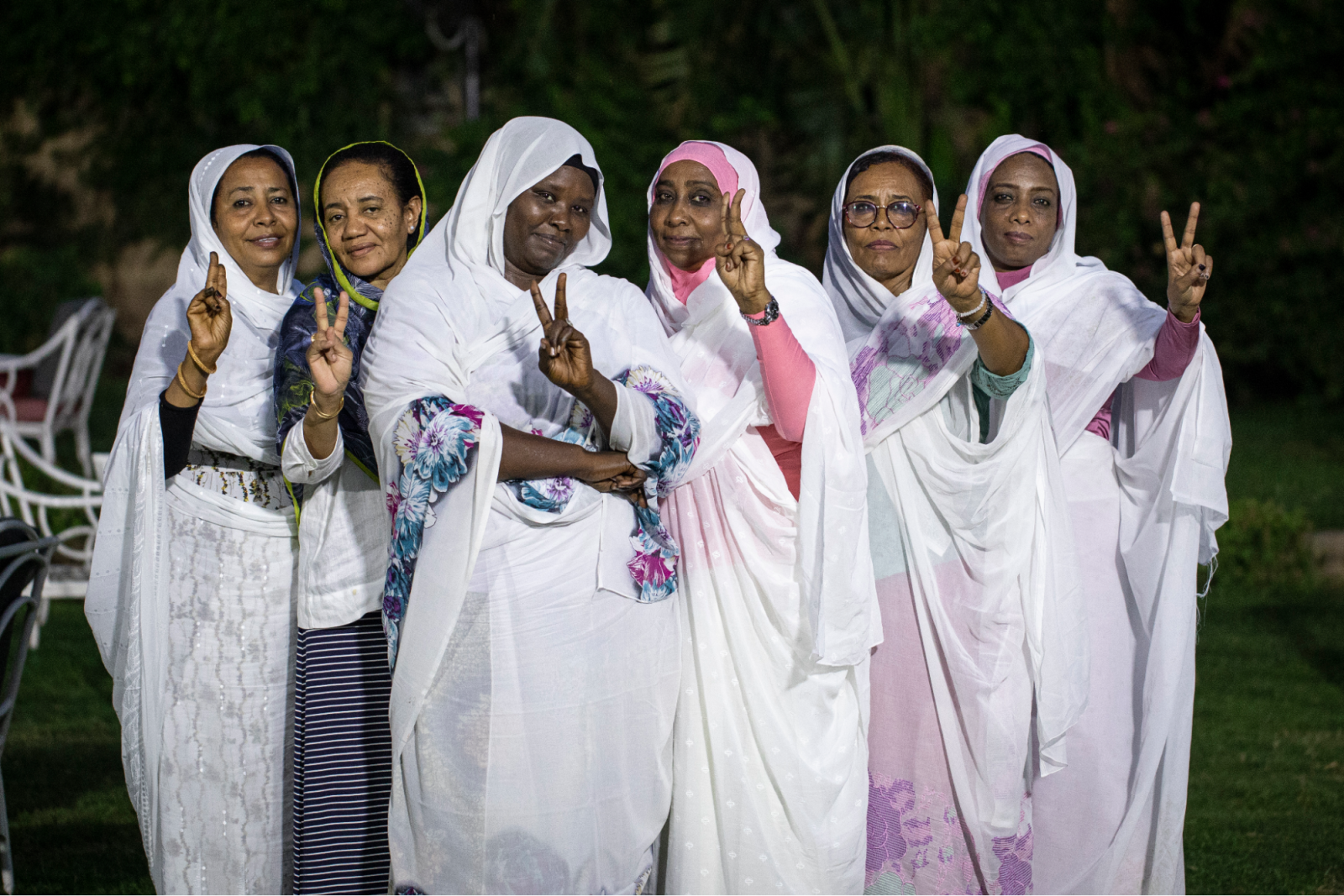
Search for Common Ground has been working in Sudan since 2009 to promote peace and reconciliation.
On April 15, 2023, violent conflict broke out in Khartoum, Sudan’s capital, as a result of a bitter power struggle between the Sudanese Armed Forces and the Rapid Support Forces (RSF). The military factions disagree about the country’s proposed move to civilian rule, and in particular, about plans to include the 100,000-strong RSF in the regular army. The heaviest fighting is concentrated within the city of Khartoum and in the nearby areas of Omdurman and Bahri. In those locations the situation is dire, with access to food, water, electricity and healthcare (at least 16 hospitals in Khartoum have closed) all becoming increasingly scarce. Despite Sudan suffering years of conflict, Khartoum has largely been spared from violence in the past, making the current situation even more shocking to the more than six million people who live there. Reports of fighting spreading to North Kordofan have heightened concerns that it could further spread to the Western Darfur region.
Over the 15 years of work in Sudan, we have built networks of peacebuilders in communities in the most conflict-affected areas, and linked their lived experiences with policymakers at the national and international levels. With the current crisis, we continue to do the same, sharing information and updates from different parts of the country where our staff and partners are with international actors trying to address the situation. In places where security allows, we are also working with our local partners to support the following priorities: